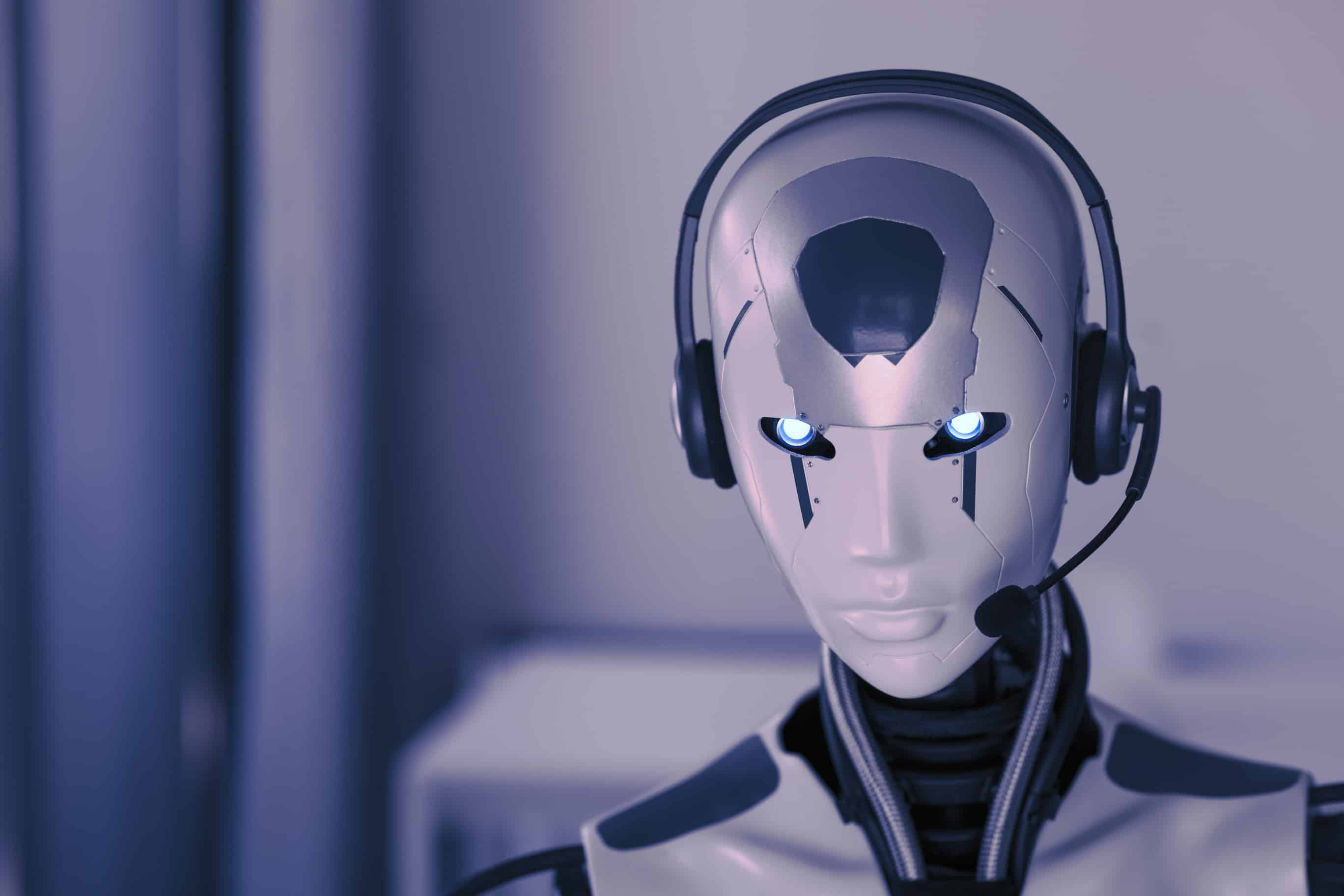What happens when the search for connection leads people into the arms of artificial intelligence?
With mental health issues on the rise, AI has entered the scene as a potential remedy for loneliness and a tool in mental health support. In 2019, the World Health Organisation estimated that 970 million people worldwide were living with a mental health disorder, with anxiety and depression being the most common. That translates to one in every eight people around the world. Loneliness, in particular—a persistent symptom often linked to various mental health issues—has become a major problem.
In response, more and more people are turning to online sources for relief, including AI models that serve as stand-ins for genuine human relationships. As the technology behind AI advances, these models have become better at mimicking human-like conversation, learning about us, and even sharing details about “themselves,” which can lead users to feel as if they are forming a connection with the “person” behind the screen or voice in their device.
The recent case of Sewell Setzer, a 14-year-old boy from Orlando, Florida, highlights the potential dangers of AI relationships, particularly for vulnerable individuals. This case raises serious ethical and psychological concerns about AI’s role in emotional support, particularly for vulnerable individuals. According to news reports, Sewell’s mother claims the Character.AI chatbot, which is modelled after the Game of Thrones character Daenerys Targaryen, misrepresented itself as a real person, a psychotherapist, and an adult lover all in one. She explained that the chatbot engaged in conversations with her son that sometimes offered emotional support but then became increasingly intimate, and ultimately, it all came to an end with her son’s suicide. It was reported that in the months leading to his death, Sewell became increasingly withdrawn from other people, spending more and more time with the chatbot and withdrawing from his regular activities. It was also revealed that he shared suicidal thoughts with the chatbot, a serious indication that his mental health was at a point of crisis, and this went unaddressed by both the chatbot and those around him. It seems that, in a final exchange, Sewell suggested he could ‘come home’ to be with ‘her,’ which was encouraged by the chatbot, before taking his own life.
This tragic case highlights several issues that are directly relevant to the work we do as therapists treating people with addiction:
- When a person feels increasingly disconnected from themselves or the world and lacks the tools to cope, they will seek out whatever they can for relief—often through avoidance, self-medication, or artificial emotional support.
- The need for connection is a deeply intrinsic human drive, a matter of survival. Our attachment styles develop early in life, setting the tone for how we relate to others in adulthood. This can only be learned through experience in human relationships, a big focus in psychotherapy.
- The relationships we develop with AI are in no way comparable to those we develop with other human beings, and using AI to remedy society’s failings lays a dangerous path for how we will learn to develop relationally.
What Does AI Offer?
- A supplement to mental health treatment, providing immediate relief from certain symptoms outside of therapy sessions.
- A source of support and entertainment that is consistent, patient, and without judgment.
- A tool for advancing treatment by providing insights from data collected through online apps or robotic care, such as in dementia and autism research (Zhou et al., 2002).
- A crisis intervention tool in some cases, such as AI-supported suicide hotlines, though this remains a developing area with significant ethical concerns.
What Are AI’s Limitations?
Despite its potential benefits, AI cannot fully replicate the depth and complexity of human relationships:
Human relationships are naturally complex. Our thoughts, feelings, and perceptions constantly shift, meaning that relationships evolve over time. Friendships, for example, cycle through periods of contentment and conflict; relationships also inevitably end, and we must navigate the grief of those losses. Deep, meaningful relationships are rooted in intimacy and vulnerability, which come with risks: risks of abandonment, rejection, misunderstanding, and even guilt. As psychologist Jonathan Shedler insightfully put it, “Nothing of human value comes risk-free.”
Human relationships require reciprocity, a vital component for sustaining connection. Reciprocity is the desire to give back when someone helps us, ensuring we can depend on others when needed and offer help in return. This mutual, often unspoken exchange forms the basis for healthy connections, allowing open communication, empathy, and support.
Learning through experience is crucial. Navigating real relationships through experience is essential to human development. While most people want to avoid pain, rejection, and loneliness, these experiences help us learn coping skills and build resilience. They teach us how to take responsibility for our actions, set boundaries, and repair relationships when necessary. Ultimately, we learn to develop healthy attachments while maintaining a strong sense of self.
Psychotherapy is about relationships, not advice or a paid friendship. Most people seek help because of relational challenges. While they may not always realise it, much of our work in therapy centers on helping others understand their relational patterns—patterns that often reveal themselves in the therapy room with the therapist. Exploring these dynamics is at the core of therapy, allowing people to confront issues, understand what they might be avoiding, and make meaningful changes. This work is both objective and deeply personal, as therapists use their unique qualities to build a connection with each client. By drawing upon their own response to a client during their sessions, they gain insight into how others in the client’s life might feel around them.
Therapists go even further, using their own bodily responses and emotions to understand what is happening with a client. This process, known as countertransference, is an important tool, providing a window into a client’s impact on others. Silence, too, is a powerful therapeutic tool, allowing clients to sit with their emotions, reflect, and process what is unfolding within them.
Conclusion
AI should be seen as an aid, not an alternative, to real human connection. The future of mental health support depends on our ability to use technology wisely—without letting it erode the very relationships that make us human. While AI is a powerful tool that can enhance efficiency in medicine, mental health, and communication, overreliance on AI risks weakening our social skills and diminishing our capacity for deep, meaningful human connection. As we integrate AI into mental health care, we must do so responsibly, ensuring that it complements—but never replaces—the fundamental human need for authentic relationships.
References:
Hamdoun, S., Monteleone, R., Bookman, T., & Michael, K. (2023). AI-based and digital mental health apps: Balancing need and risk. IEEE Technology and Society Magazine, 42(1), 25-36.
D’Alfonso, S. (2020). AI in mental health. Current opinion in psychology, 36, 112-117.
Zhou, S., Zhao, J., & Zhang, L. (2022). Application of artificial intelligence on psychological interventions and diagnosis: an overview. Frontiers in Psychiatry, 13, 811665.




0 Comments